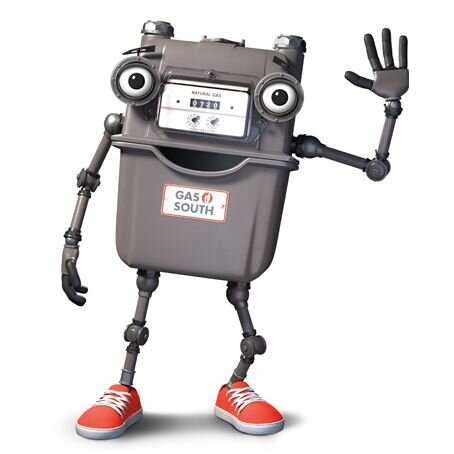How Often Should I Change Home Air Filters?


We’ve all been there—that place where you keep putting things off because they don’t seem like a big deal at first. Houseplants shrivel from lack of water. That expired container of milk gets pushed farther and farther to the back of the fridge. That bit of lint between the dryer and the wall grows into an entire colony of evil dust bunnies.
Life gets busy, and the small things are easy to brush off. But some of these seemingly small things shouldn’t be ignored.
The filters in your home’s heating and air system are a great example. They help keep contaminants out of the air, which helps keep you and your loved ones healthier. And they also prevent your system from working too hard, which saves you money and helps prolong your system’s life.
When Should I Change My Air Filters?
Unfortunately, there’s no one-size-fits-all answer to this. There are lots of variables to consider. But a good general rule of thumb in an average home with no pets using 1 to 3-inch thick pleated filters is to change them out every three months. But there are other variables to consider:
Does The Type Of Filter I Have Matter?
There are three main types for residential home use–fiberglass, pleated and washable—as well as different thicknesses and rating levels, all of which can affect when it’s time to replace a filter.
- Fiberglass filters are your cheapest option, but they should be swapped out once a month. They’re easy to replace, but they just don’t have the filtering abilities of the other types.
- Pleated filters, made from polyester or cotton paper, are designed to filter out finer particles of dirt and dust. They typically cost more than fiberglass filters, but they also last longer—from 30 to 90 days. They’re easy to replace, and most are recyclable. For more on the advantages of pleated filters, check out this article by our partner Second Nature.
- Washable filters never need to be replaced—they just need to be washed out regularly. They’re also the most expensive option ($50 and up) but are also one of the most efficient filter types. In some models, the air coursing through them creates an electrostatic charge that helps collect even more dirt and debris from the air. Washable filters should be washed once a month.
Additionally, having a thicker-than-average filter—over 3 inches—will mean you won’t have to change it as often.
What If I Have Cats Or Dogs?
You’ll probably want to change your filters our at least every two months if you’re using a standard pleated style.
What If I Have Allergies, Asthma Or Respiratory Issues?
Consider changing your filters every 20 to 45 days.
What If I Have Small Children In My Home?
Keep indoor air quality high for kids and replace those filters about every two months.
Does It Matter How Big My Home Is?
If your home is bigger than average, it’s likely your system is bigger and is processing more air. And in most cases, that means you’ll want to change your filters more frequently. If your filters are thicker than 3 inches, they’ll likely last longer than average.
What If The Air Quality In My City Is Poor?
Smog and dust in cities with higher levels of air pollution will make your system work harder, and that, too, will require more frequent filter changes. And you’ll also want to switch out old filters more often if you’re doing any kind of renovation work that creates dust.
What If I Have A Vacation Home?
In vacation homes and the like, where people aren’t staying for long periods of time, filters can last from 6 to 12 months.
What Is MERV And Does It Matter?
The MERV rating— Minimum Efficiency Reporting Value—is a standard that helps rate the overall effectiveness of a filter. The higher that number, which goes from 1 to 16, the better it is at removing smaller particles of dirt and dust. But you’ll want to make sure you don’t surpass the MERV rating your system is built for. A high MERV filter can cause problems with letting enough air through, which can overtax your system.
If you’ve decided to get a higher MERV rating filter that still works with your system, you might consider changing it more frequently, as it’s sure to collect more contaminants in a shorter period of time.
At Gas South, we’re always looking for ways to make your life run smoother. We hope this blog helps you understand a little more about home heating and cooling air filters.
 Help
Help Giving Back
Giving Back My Account
My Account Sign Up
Sign Up











